The Next Generation of Bike Racing: Lessons Learned from Reading Radsport
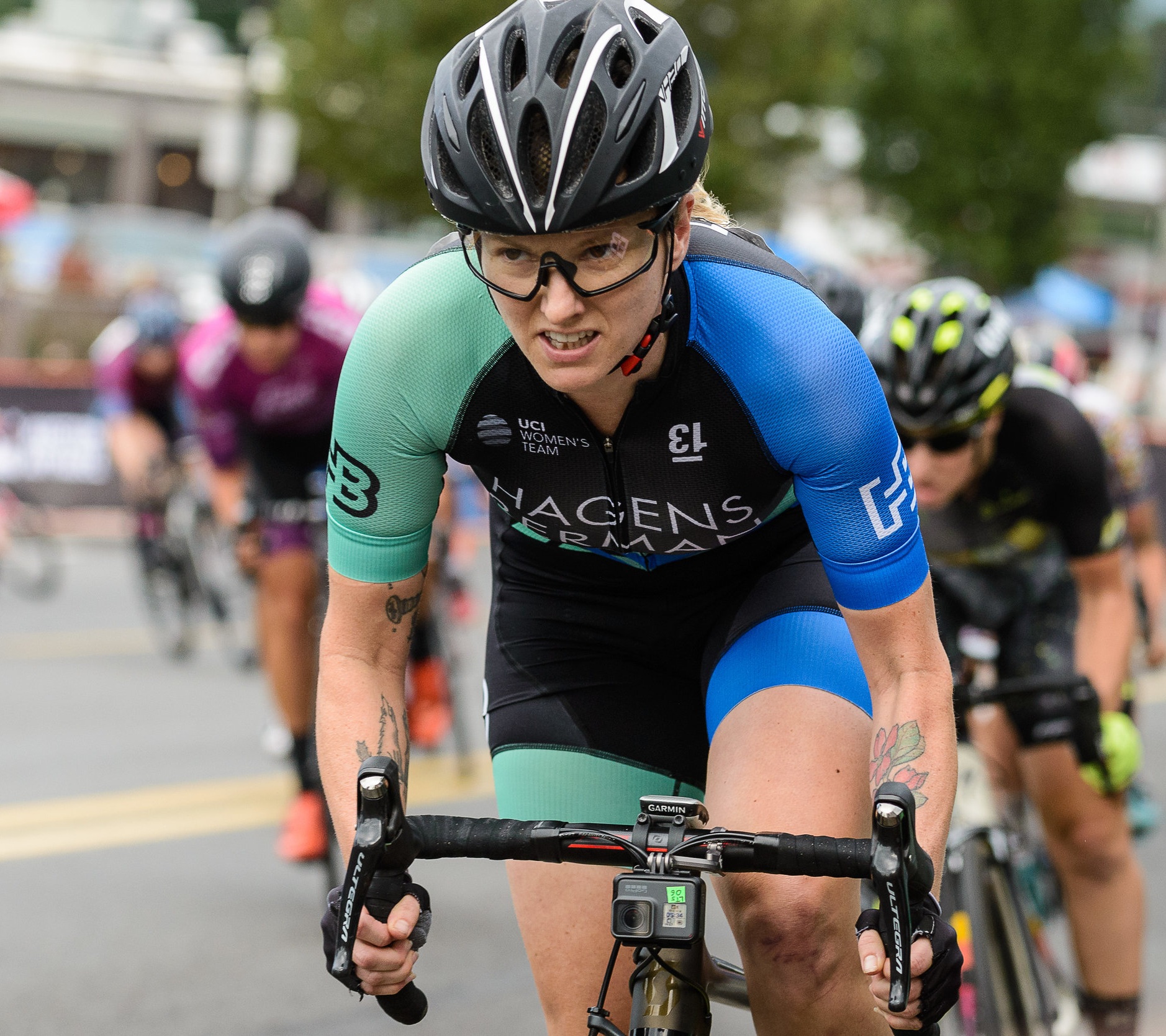
Photo by Megan Trinh
This past weekend was the Reading Radsport Festival. Our two previous pieces culminated in our own attendance, and all of us who went to Radsport came back assertively WOW-ed. As far as bike racing events go, Reading Radsport is pulling the field.
While it’s certainly not an apples-to-apples comparison to every event out there, there certainly are lessons that all of us can take away from Reading. So, in the spirit of moving our sport forward –and to give us some time to recover from the racing hangover and write race reports– we’ll wrap up our interview with Gabe and Kacey Lloyd with Part III.
Reading Radsport, Part III: Lessons Learned
Photo by Sebastian Vidal
TBD: So, what lessons could other events learn from your success?
Gabe: If you're an event promoter out there, and you want to put on a bike race, really commit to the level of a race that you're doing and do those details well. Make your touch points with your athletes super good. Start with some foundational touch points that you don't need money to execute against like communications. Then you can step up your initial communications with signage. Don't try to emulate something massive if you don't have the budget to do so. If you have $10,000 to put a bike race on, just be cool with where you're at and do it really, really well. Just because you have a lot of money doesn't mean you have a good event. Just because we have branding, a really rad start/finish, and 10 photographers on staff for an event doesn't make us a good event. What makes us a great event is the fact that we're thinking about that interaction in March with the athletes. That's the most significant difference for me between different events. If you want to be big, if you're going to be massive, you have to hit those touch points, don't just throw a bunch of money at it.
Kacey: This isn't necessarily a criticism of any promoters; I think a lot of promoters do certain things because it's just the way it's always been done. And fighting against that in the cycling community is tough. In my opinion, a lot of people worry so much about prize money; they feel like people aren't going to show up if they don't have prize money. But sometimes that ends up being like $100, split five ways – and I'm like, "Let's take those $300 that you're giving to three low-level categories, or amateurs or masters or whatever -- take that $300 and just print a couple little pieces of branding and some signage to help people know where to park, so their experience starts out being a good one." Enhance that experience a little bit, and everybody has a better time. So, you know, for us at Radsport, we decided not to have prize money for the Category 3/4 race. Do we take some flak from the 3s and 4s? Sure, we do. My way of consolation is that we give primes, so there's some cash for them to win. But then they come up to us afterward, and they're like "Wow!" And I'm like, "Yeah, this is why we don't pay prize money – because guess what, all this branding, this course, all these police, it costs a lot of money."
Photo by Scott Rettino
TBD: Zooming out on the sport as a whole, do you personally think more creative events like Radsport and RHC, and even gravel events, are going to be the future of cycling? How are they changing the landscape?
Kacey: I don't know what the answer is. We're struggling with participation on the sports side. And a lot of events. It's not necessarily reflected in bike sales and participation in riding bikes. I actually believe that e-bikes will help increase participation in cycling, like, outside of competitive cycling. But going back to what does that mean, for competitive cycling? I'm not sure. This is something that was a big topic at the USAC race director summit this year. USA Cycling is trying to figure it out; everyone's trying to figure out. I think that production quality is going to continue to become more and more important because people have so many options. And some options are quite well produced. The events that don't pay attention to those details that we were talking about before, I think they're going to continue to see decline and participation, no matter how much prize money they throw at it.
Gabe: You know, our generation came through the Lance era. Lance Armstrong made millions of people aware of cycling, and within those millions, a fraction of that percentage got interested in getting a USA Cycling membership and trying their hand at being Lance Armstrong. And now that's sort of over. Now we're back to the reality of what does it mean to be an event promoter that happens to use cycling as the trigger for people coming out and participating? You know, I don't know if we are at a point actually, where a nationally standardized system of bike racing actually works in our favor. You know, I think of Southern California racing that Justin Williams and Corey Williams came through. That whole Long Beach crit scene is a whole beast in and of itself. It works for where they are. The Driveway Series in Austin works for where they are. But I don't know if you can exactly like replicate that in Reading or Allentown, Pennsylvania, or even here in New York City.
On the future of racing:
You know, I don't know if we are at a point actually, where a nationally standardized system of bike racing actually works in our favor. You know, I think of Southern California racing that Justin Williams and Corey Williams came through. That whole Long Beach crit scene is a whole beast in and of itself. It works for where they are.
TBD: We’ve written about Gravel on the Journal, what are your thoughts on that?
Gabe: I think gravel events should be hyper-specific to their regions. New England and Nebraska - these regions have very different types of gravel. In New England, you've got gravel that goes up and down and left and right. It's a really dynamic, circuitous style of riding that occurs. In Nebraska, where our friend Ashton Lambie is from, he got into bike racing through that. But it's dead-ass straight, and you're fighting the cross wins the whole time! Both of those regions developed events that embrace that. They've got big events out there, like Dirty Kanza, and it's all about riding around these 200 mile squares when everything up in Vermont is all these twisty turny routes. And I think that's great. I think people will always show up at those events. And the events make sense where they are. It doesn't feel like the sort of stamped out, sterilized version of what competition is supposed to be.
Kacey: Right now, it's easy to say that gravel is the future because gravel is blowing up. But, six years ago, you'd have been asking yourself if cyclocross was the future and that's because cyclocross was blowing up. So there's always something new. Right now, everyone is starting a gravel race, and eventually, the market will get so saturated that the ones that will survive are the well-produced ones, or had enough history behind them. It's the hot thing at the moment. Eventually, there will be another thing. So it's I think that there's a segment of the market that responds to that. But I think there's also a segment of the market that doesn't want to ride their bike on gravel.
On gravel:
Right now, it's easy to say that gravel is the future because gravel is blowing up. But, six years ago, you'd have been asking yourself if cyclocross was the future and that's because cyclocross was blowing up. So there's always something new.
TBD: So what’s the key to a successful event?
Kacey: I think creative events are the events of the future. And saying "creative" is kind of all-encompassing. Like "creative," but in what way? Well, you have to be creative in all ways. It's about paying attention to the details and having a bit of an artistic angle to it. You then have to be willing to look at what works and what doesn't. So each race has to be creative in its own way to make it work within its community. I don't think that's any different than other events; you just have to pay attention to the details. There's this idea that "Well, this used to be really great back in 1986". Well, I'm sorry, but it's not 1986 anymore. There are a lot of other options out there, and we have to start rethinking the way we do things, the places we do them in, and we have to learn how to work with what we have. We all have to recognize that and be able to move and shake a little faster and be willing to try new things out.
On making a successful event:
It's about paying attention to the details and having a bit of an artistic angle to it. You then have to be willing to look at what works and what doesn't. So each race has to be creative in its own way to make it work within its community.
TBD: One final question, what's your take on women’s racing and what can the sport do better?
Kacey: I think women's racing can be really entertaining. There have been times when we see that, like at the Red Hook Crit. There have been times with the women's races are WAY more entertaining than the men's race. And sometimes it's not. Bike racing is bike racing. Just like some men's races are really entertaining, and others are really boring. Some women's races are entertaining, and some are boring. It comes down to whether it was a close, exciting finish or if there's somebody solo off the front of the last five laps then maybe it's a little less climactic finish. In any case, we place a lot of value on valuing women's racing, trying to help it grow and making sure that women know that they're being treated equally. We always play equal prize money. I think that's something that all of cycling can do better. Like, as much as there are a lot of events that are paying equal prize money, there are a lot that aren't. So equalizing that out is important for whatever scale your event is. I hear the argument all the time that prize money is based on entries and if you have 85 guys entered, that they should get $2500 in prize money. And so people say they can't justify giving the women $2500 in prize money when there's only 20 of them racing. Well, I don't care, then figure it out! That might mean that they each get $1,000 in prize money. That's just how it needs to be. The money that you bring in from registration is for you to produce the whole event. It's not supposed to be that the athletes get to add up how many athletes you had and at $20 a head, expect that entire sum to be their prize money. [laughs] That's not realistic. What about insurance? What about the venue? What about all the time and ink we spend just dealing with the printer?
On equal prize money:
I hear the argument all the time that prize money is based on entries… The money that you bring in from registration is for you to produce the whole event. It's not supposed to be that the athletes get to add up how many athletes you had and at $20 a head, expect that entire sum to be their prize money. That's not realistic.
The future is of course uncertain for our sport. However, Kacey and Gabe bring up some good points from their experience at Radsport. Small details in the experience for both racers and spectators go a very long way. Experimentation and letting go of the “this is how we’ve always done it” mentality is ever more important. (May we suggest, as we’ve written about before, to get rid of amateur prize money and put that cash to better use.) Regardless, we have to get more creative. That doesn’t mean having a big budget, because we can’t all be Radsport. So we have to be true to the size and nature of our events and double down on whatever it has that is unique, be it the community, the history, etc. As for gravel, there’s always going to be something new in cycling. It must survive the test of time, like everything else.
We welcome you to share your thoughts with us on the subject – we’re all in this together.
Photo by Megan Trinh
Born and raised in Puerto Rico, I race road for To Be Determined and work in technology in NYC.









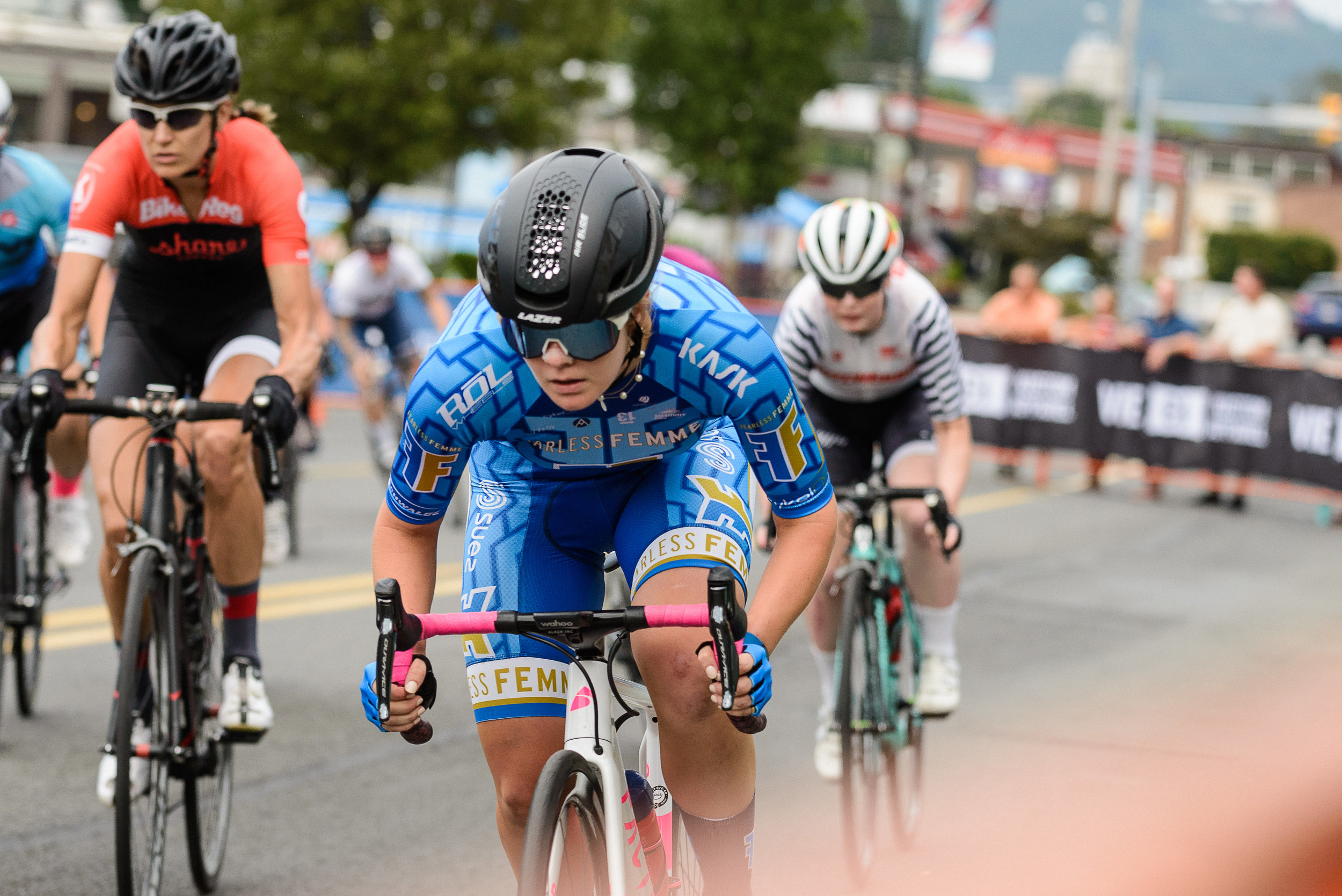
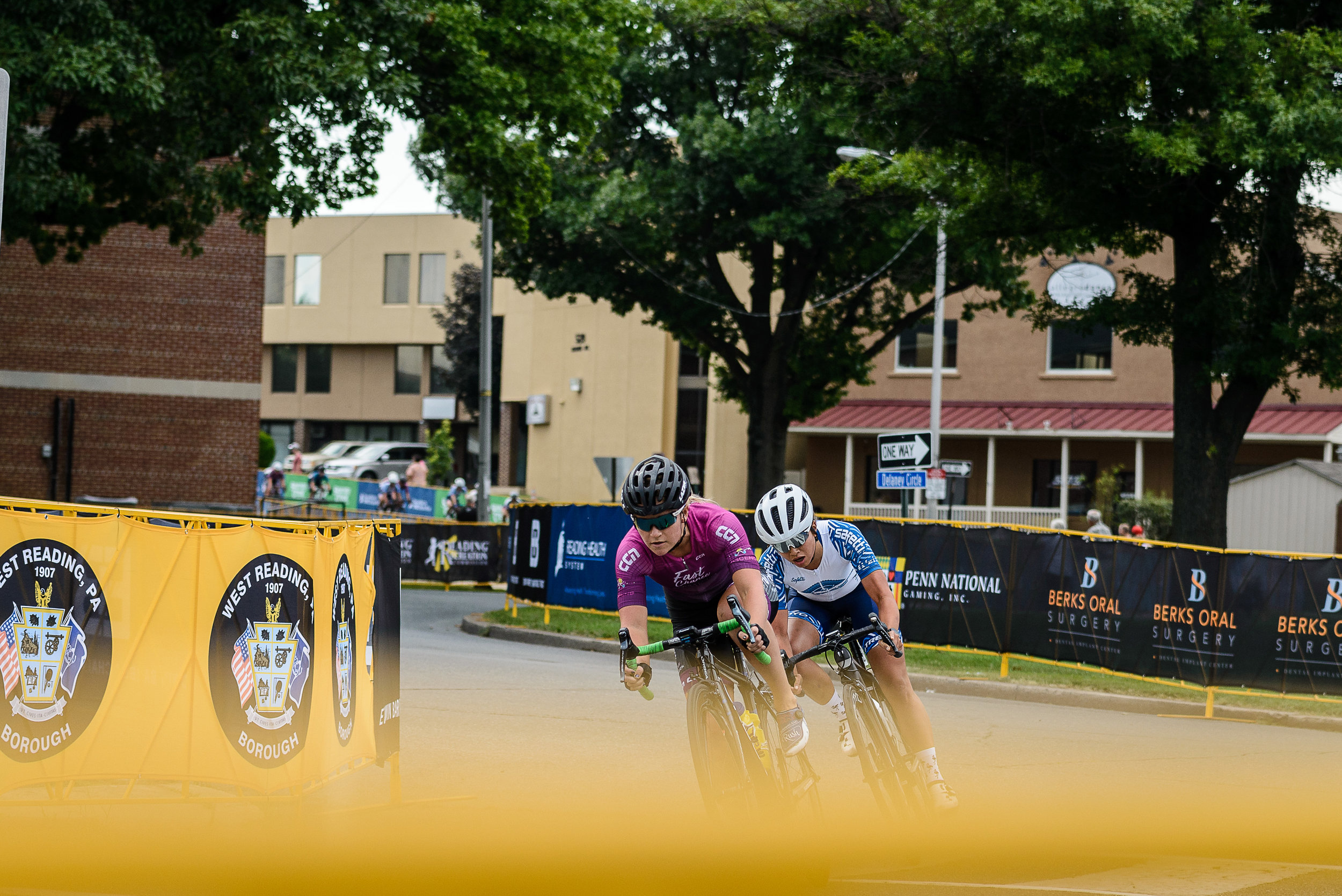
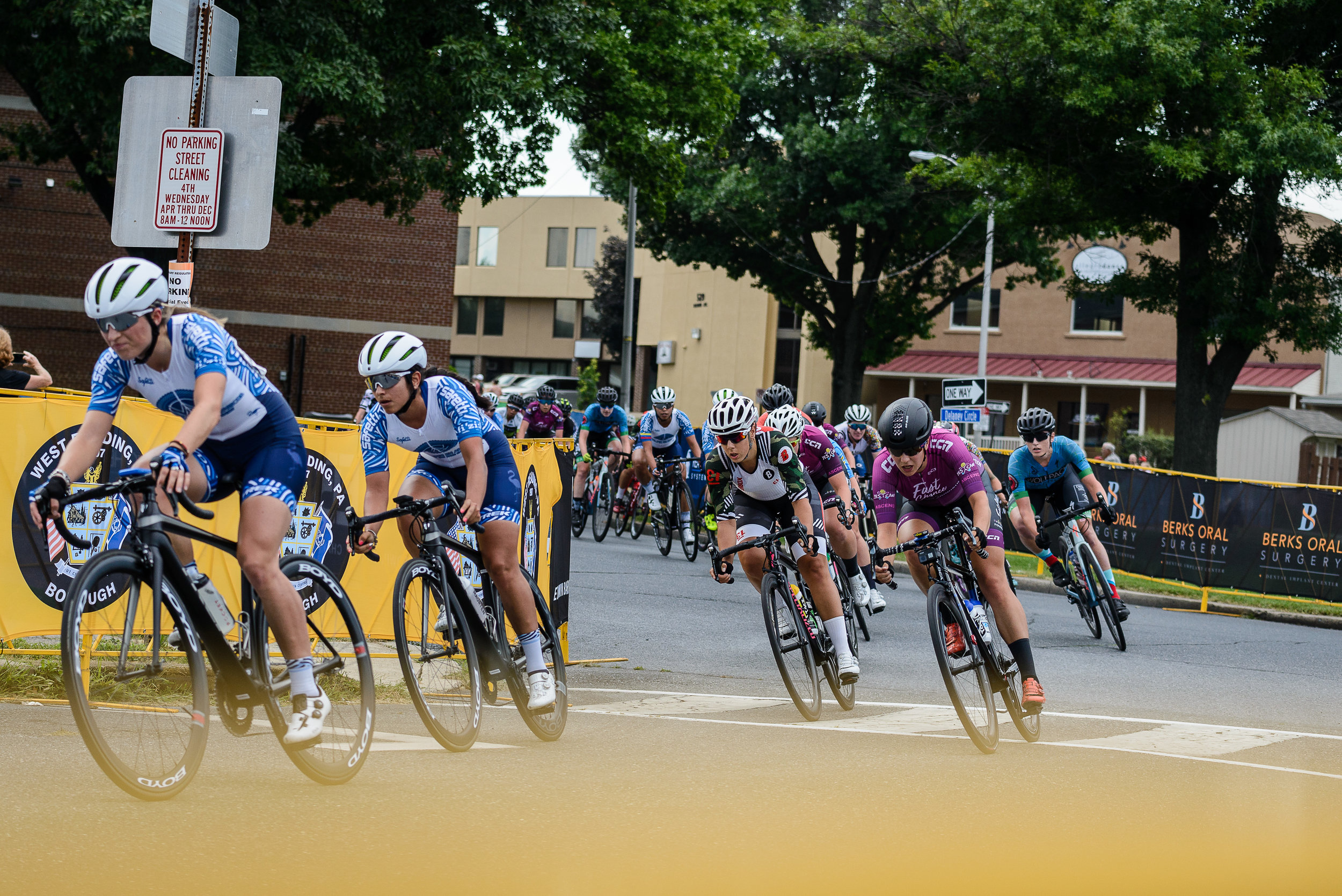

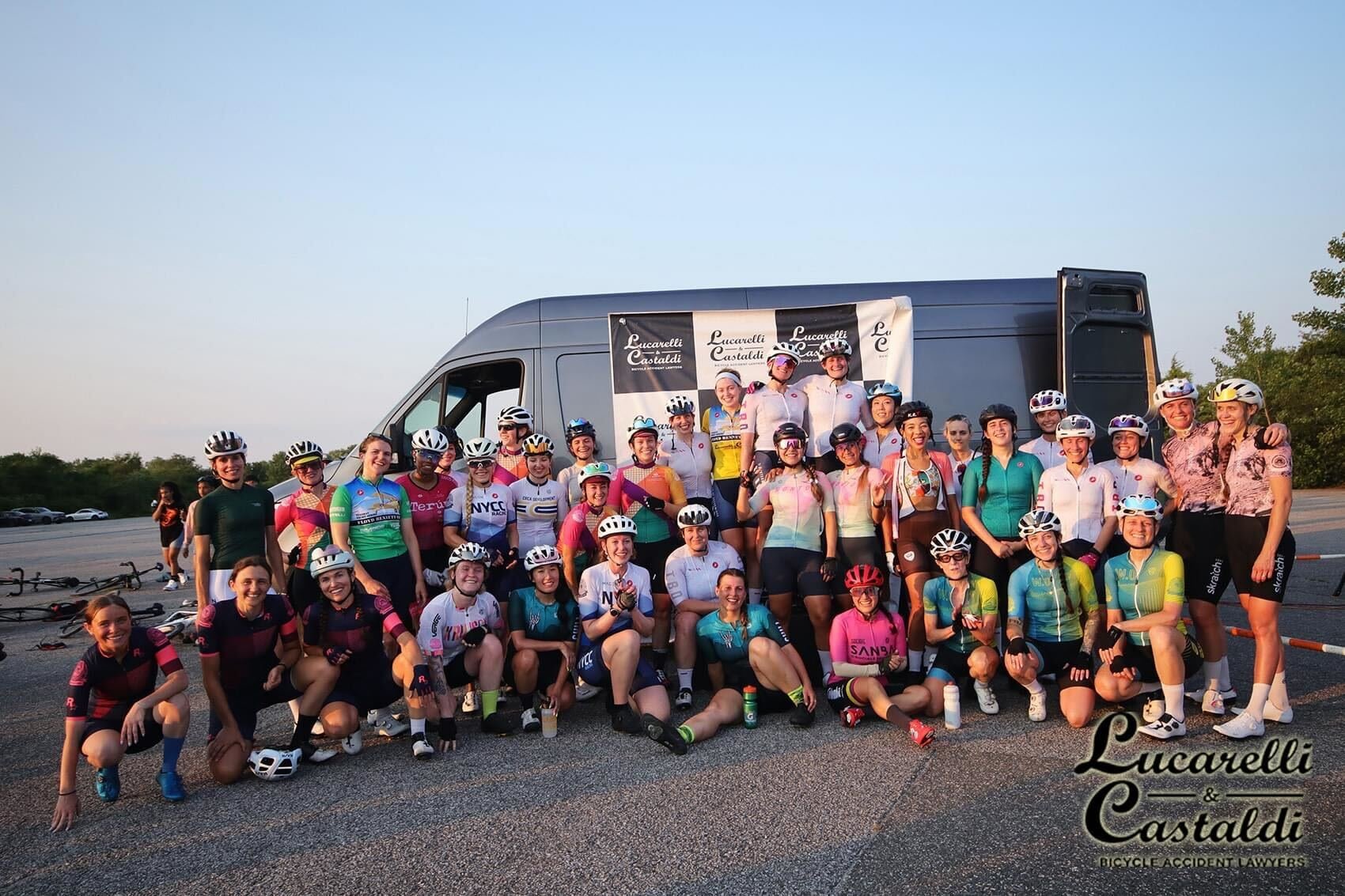
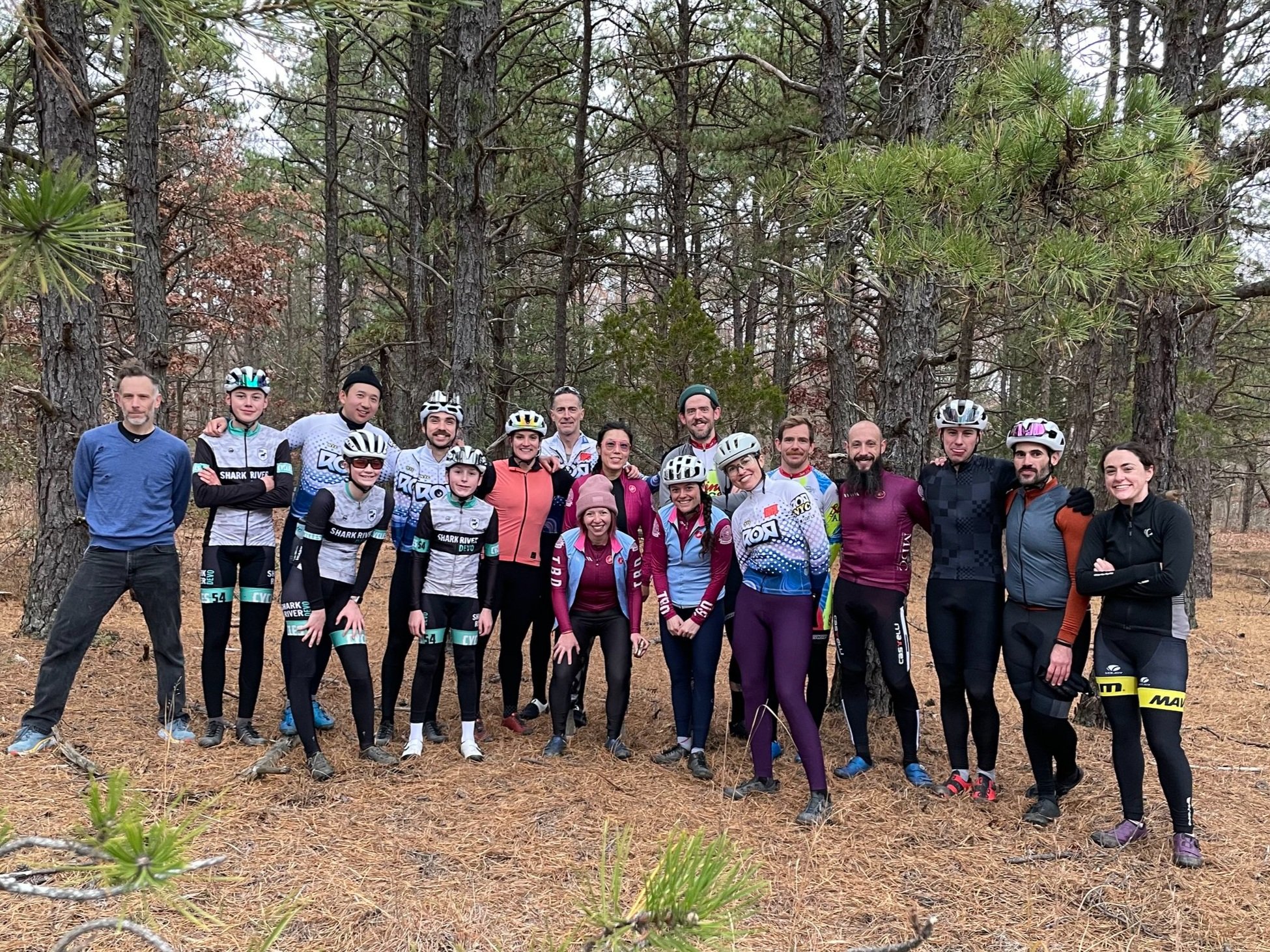
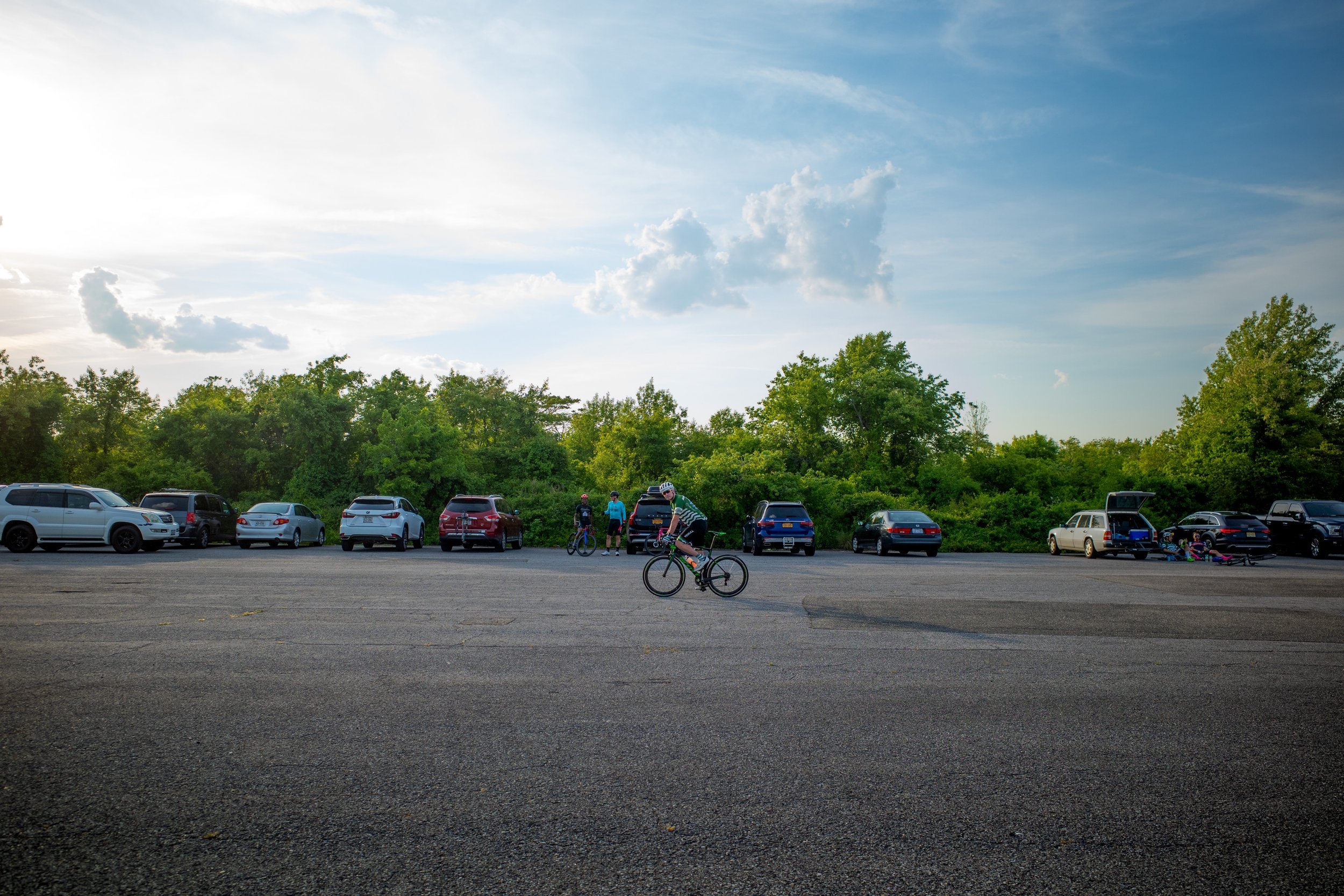
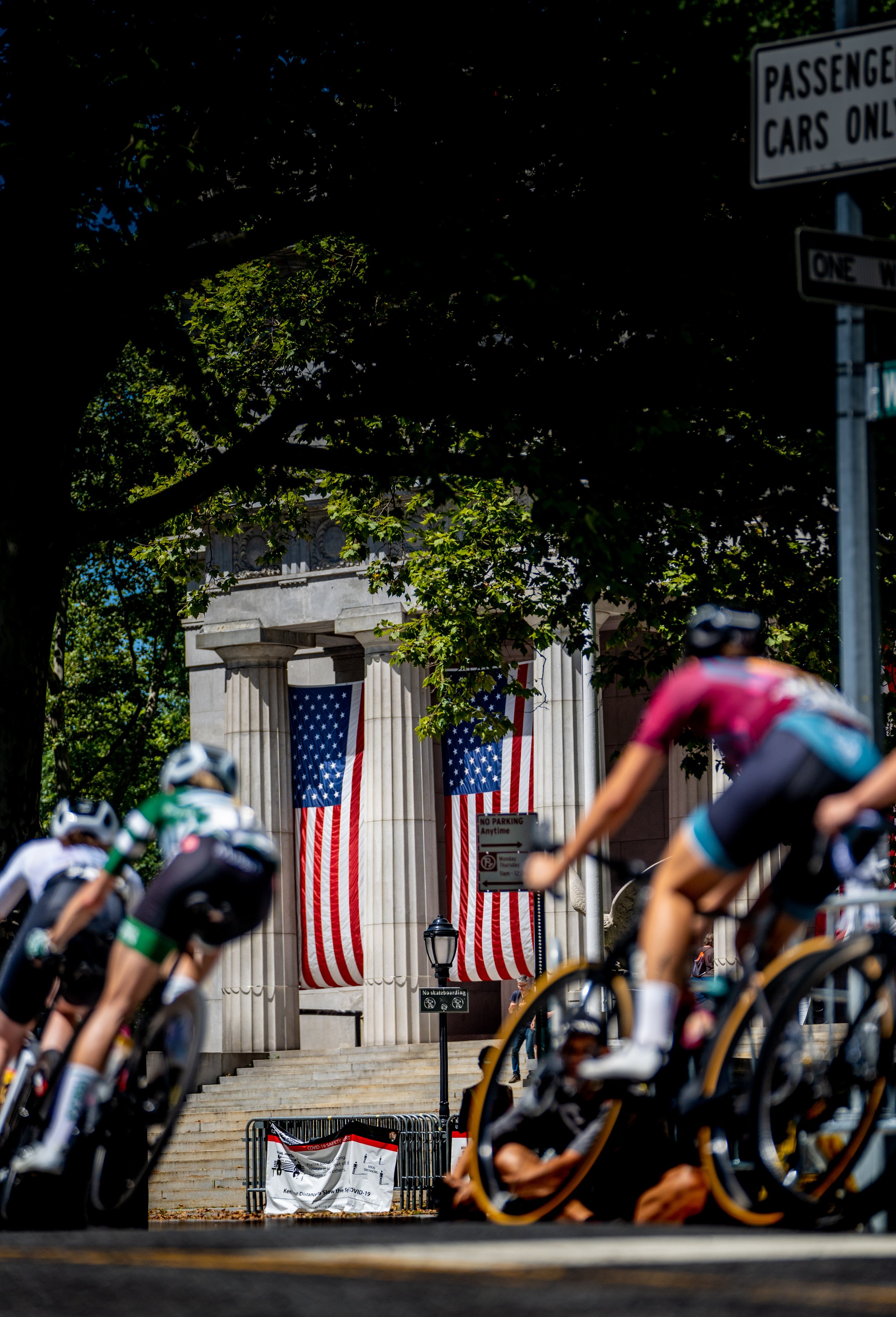
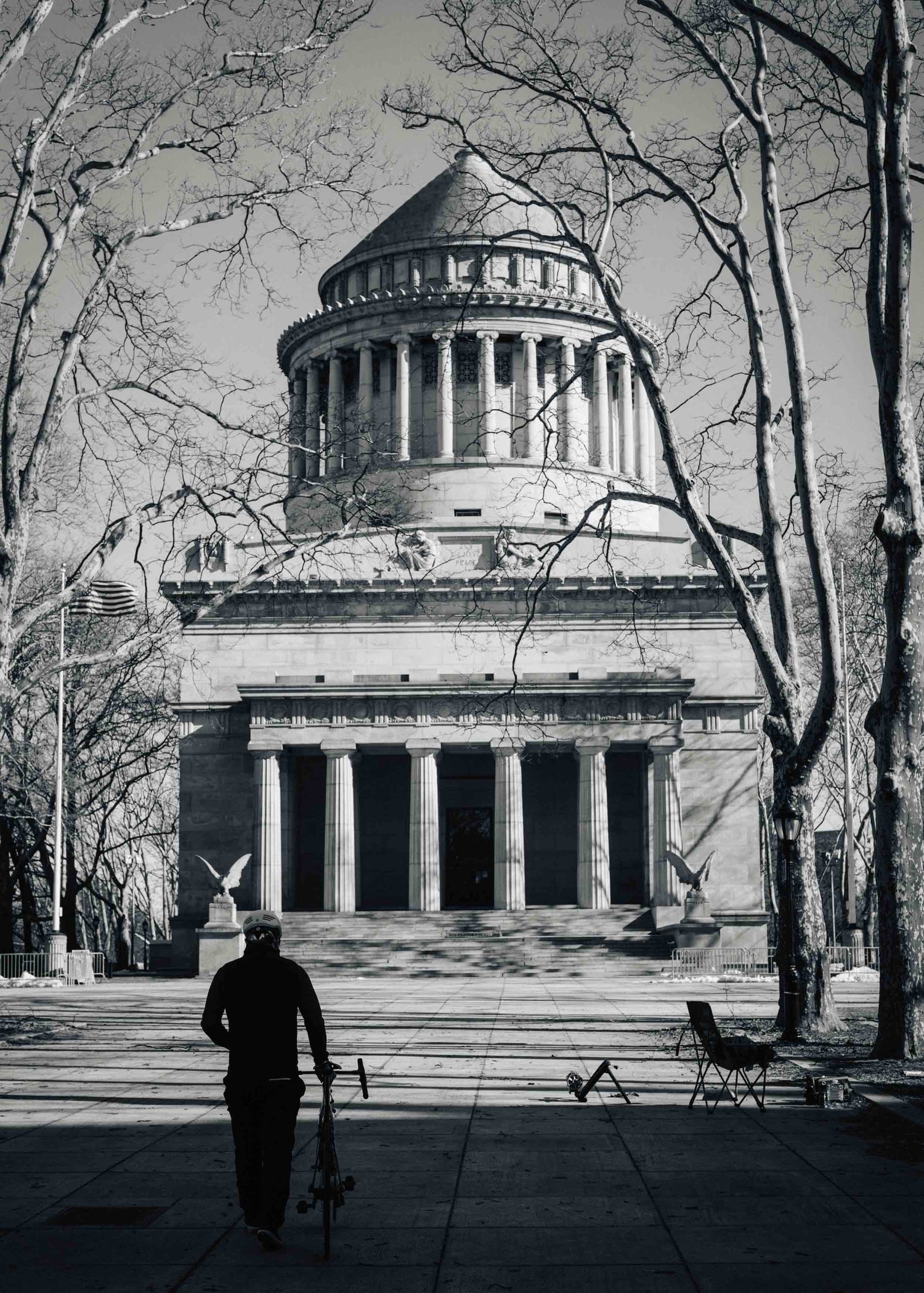
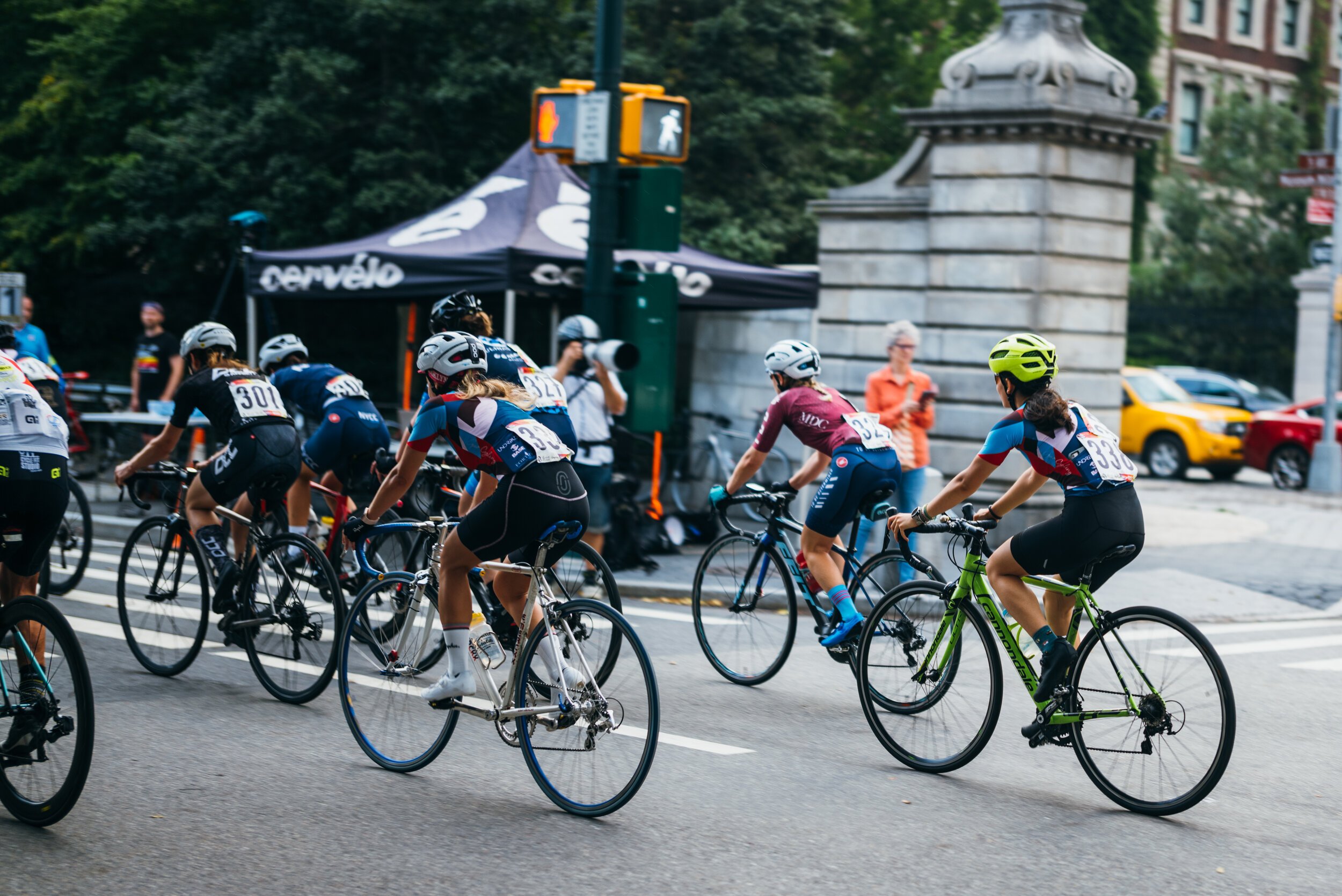
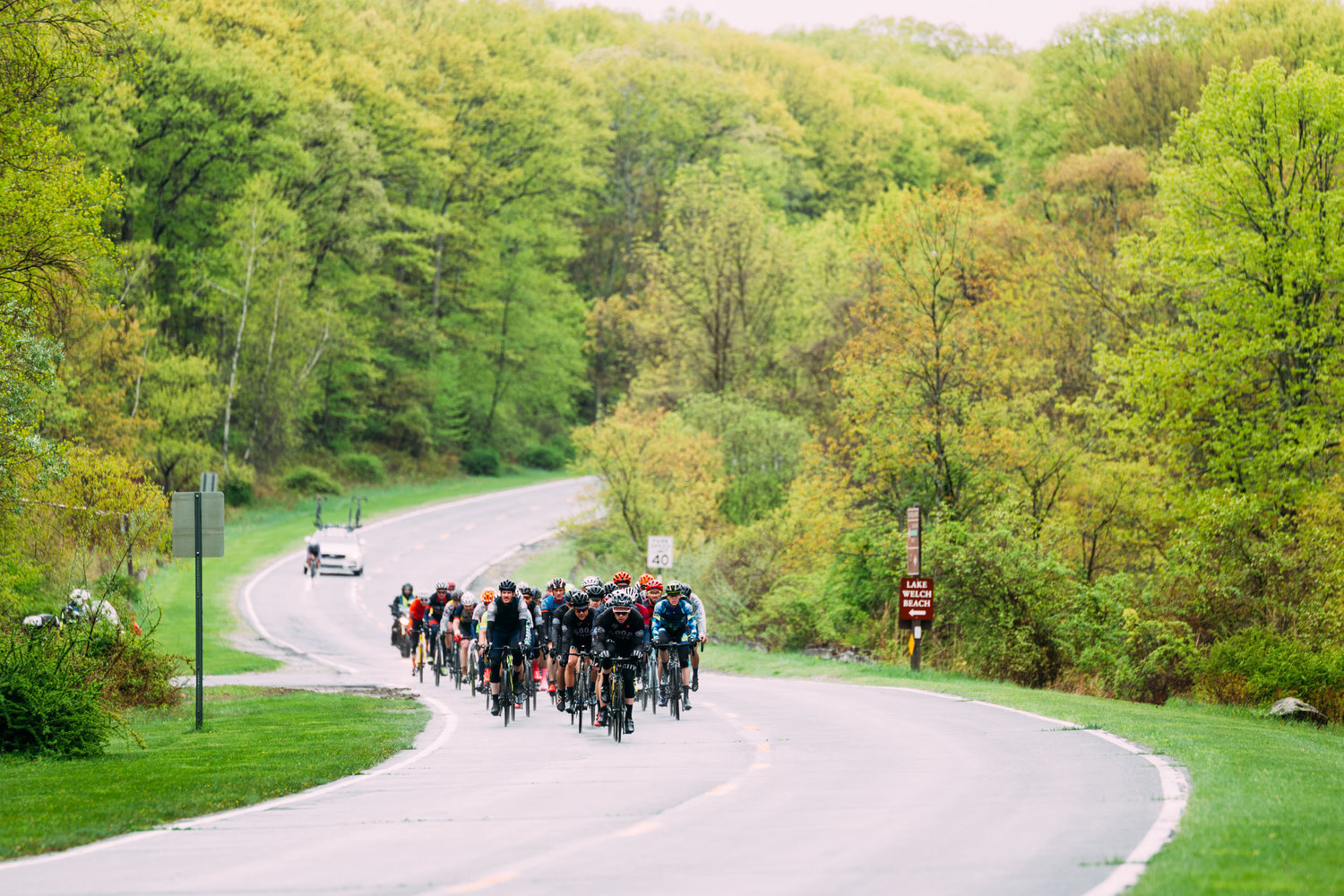
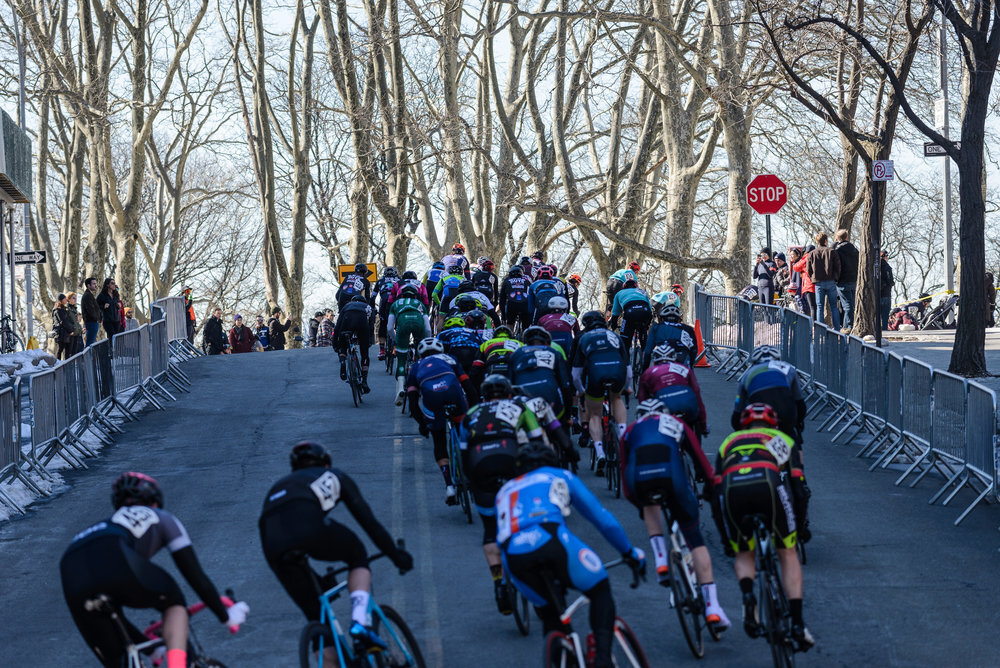
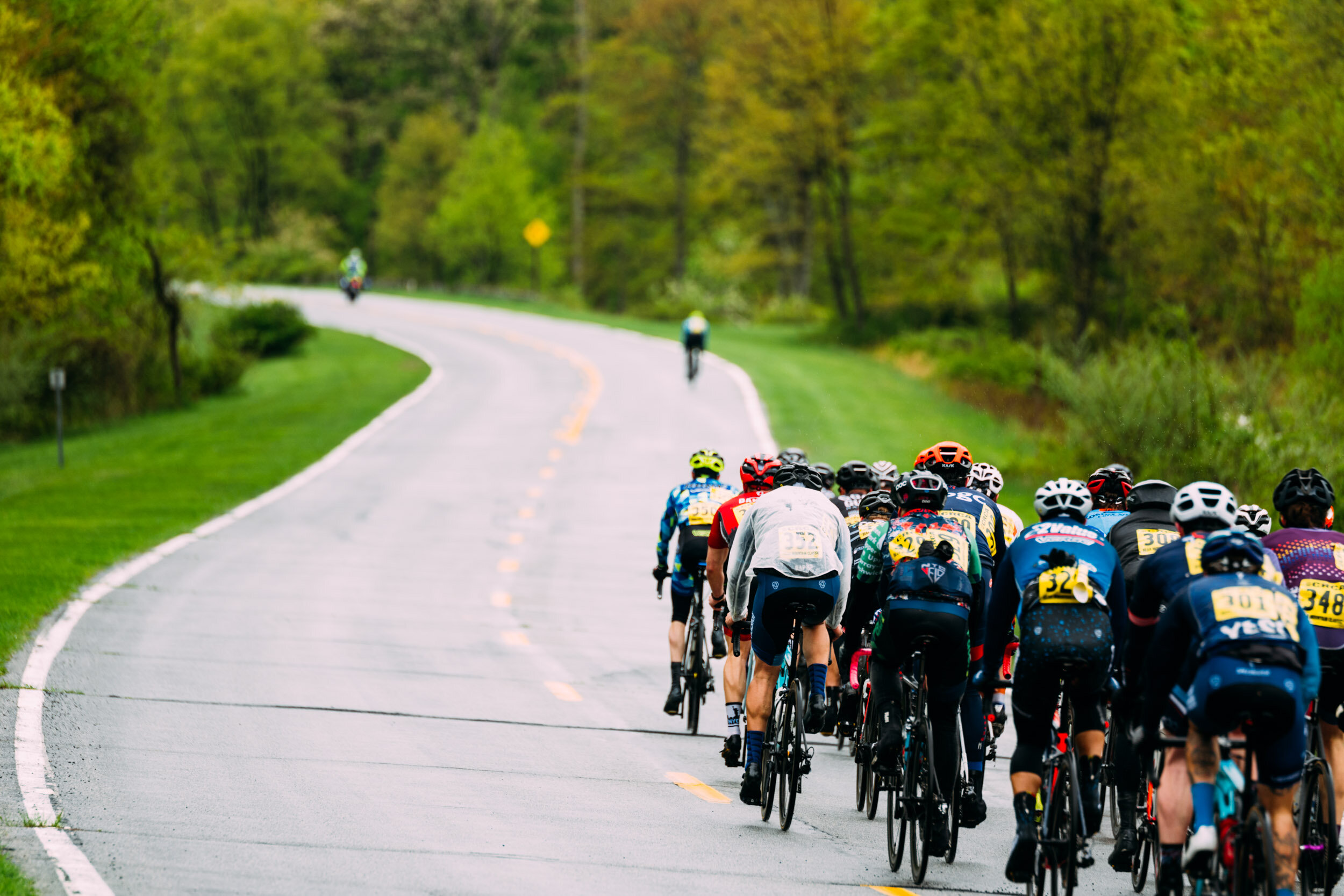


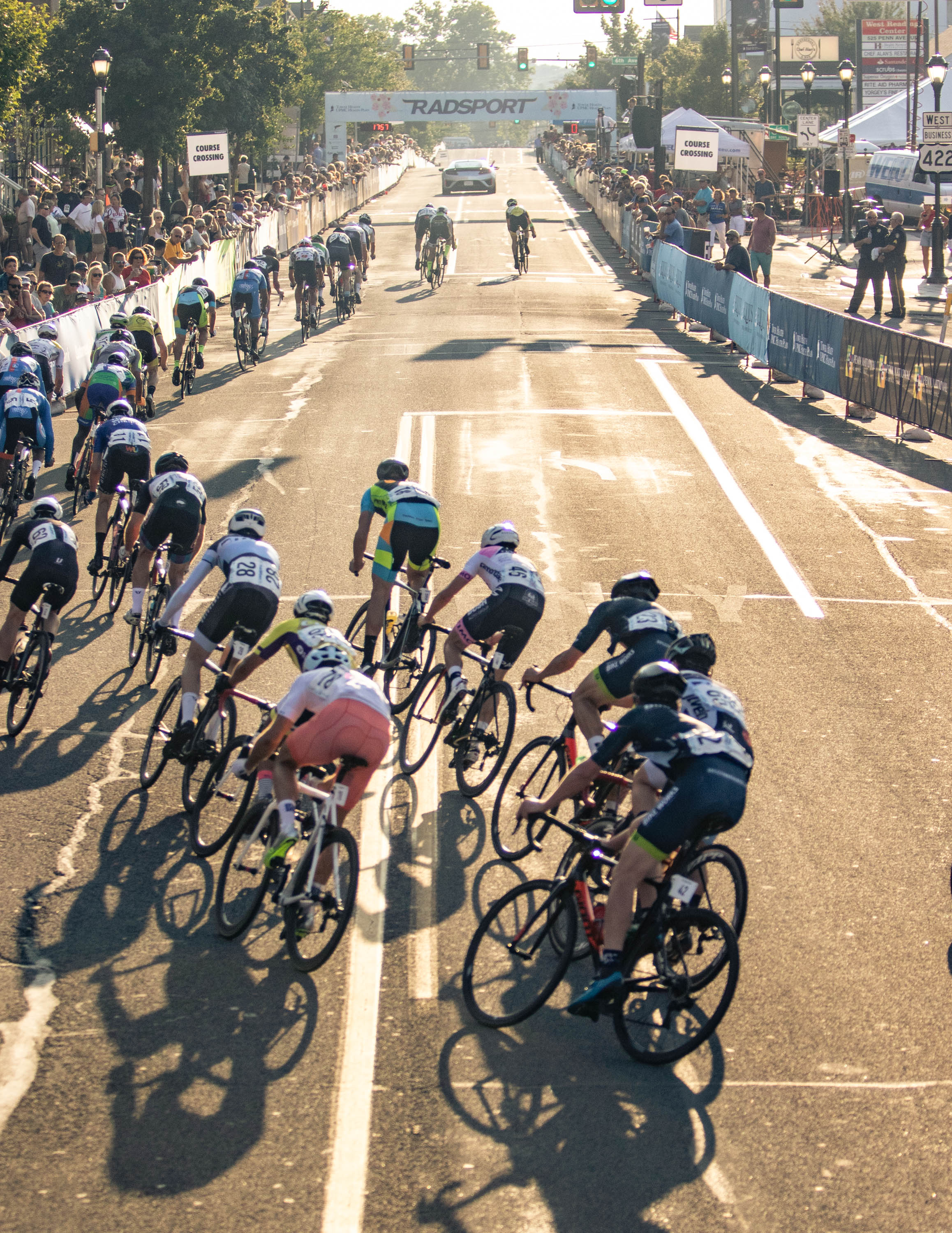
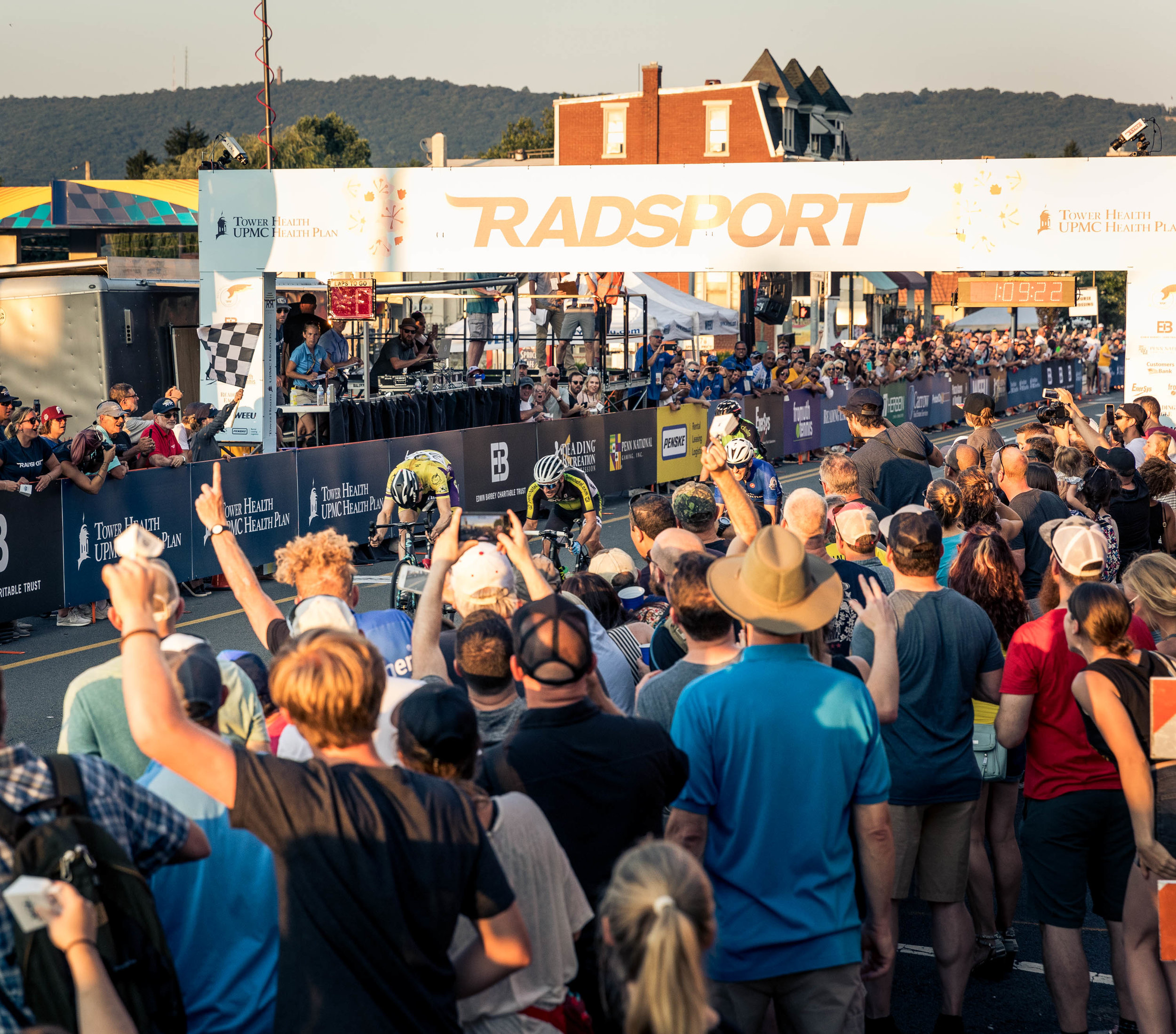
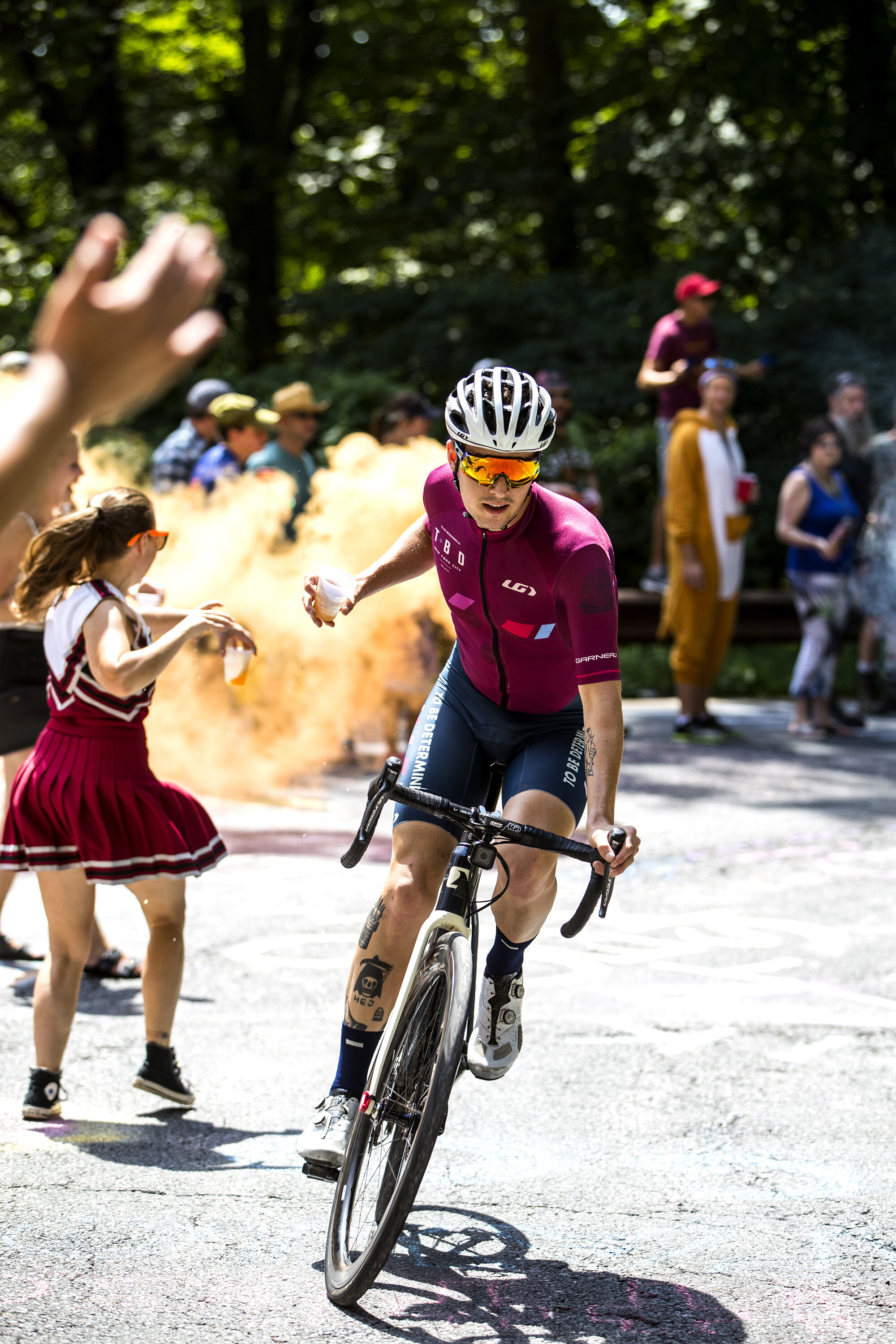
Race registration trends at New York City’s last road race - the Bear Mountain Spring Classic